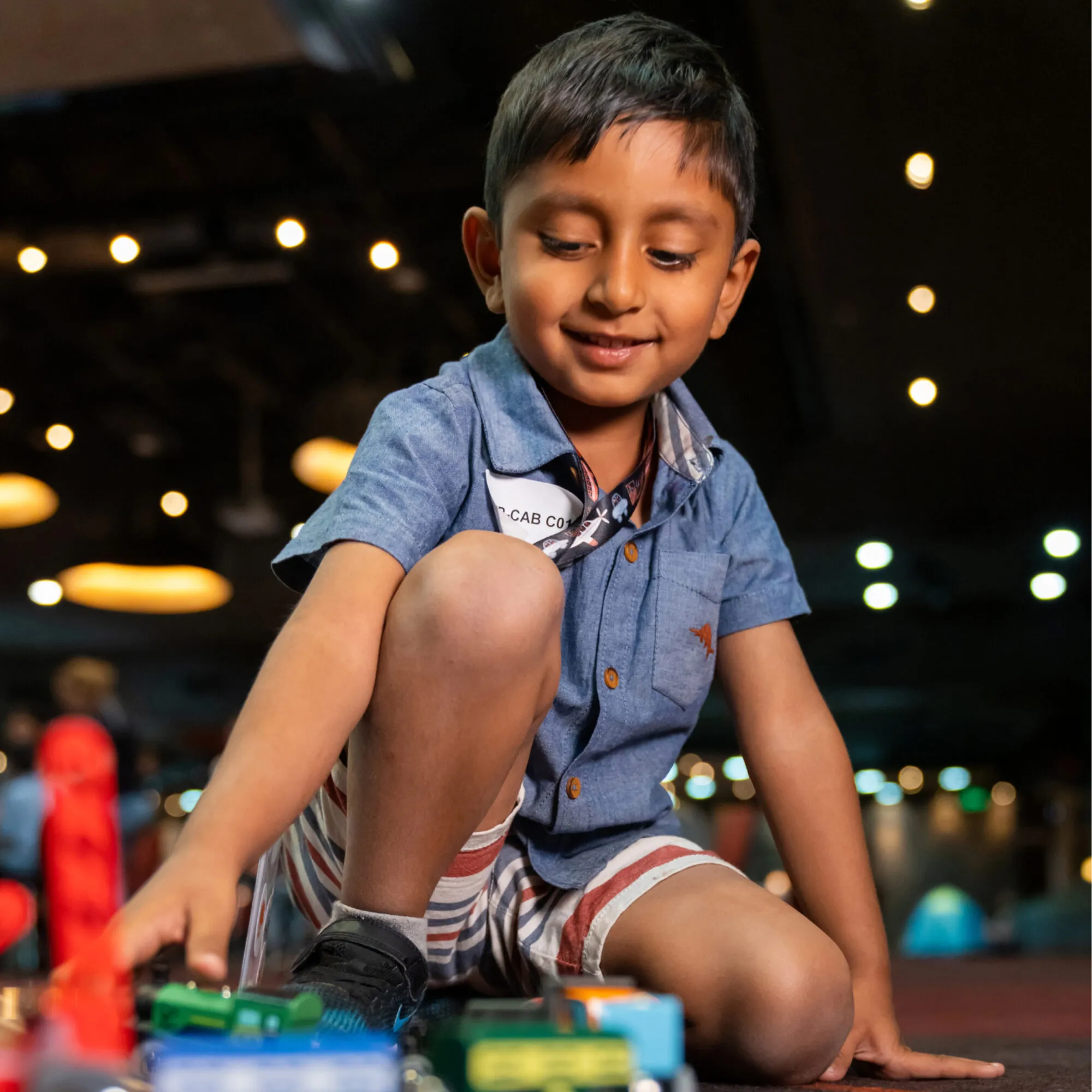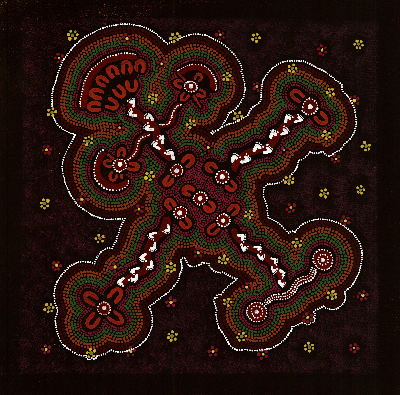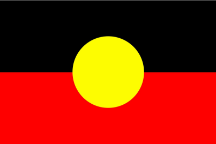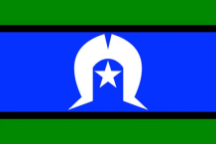FAQs
Frequently Asked Questions

Can't find the answer to your question?
Contact your local provider or us, at the HIPPY National Office .
Firstly, your child needs to be aged 3 - Families usually start HIPPY in February two years before their child starts full-time formal schooling.
Priority access is given to families who have not completed HIPPY before and meet one of the following conditions:
- the family holds a Health Care Card;
- the HIPPY child is Aboriginal and/or Torres Strait Islander;
- the HIPPY child resides in out-of-home care;
- the family has no source of income or are receiving a form of government support payment as their primary source of income;
- single parent families;
- the HIPPY child has a developmental delay or disability and can engage positively in HIPPY;
- the HIPPY child's parent or carer identifies as having a disability;
- the HIPPY child lives with a carer (i.e. not a parent); or
- the main language spoken at home is not English.
Secondly, you need to check our website to see if there is a HIPPY program in your local community. If so, please contact the local Coordinator to find out more. Click here for locations.
If there is not a HIPPY site in your area you may wish to speak with your local family services organisations and encourage them to make contact with us about opening a site.
HIPPY is an effective way to provide early-childhood learning in the home, and it delivers proven outcomes for children, families and the community.
HIPPY provides parents with a structured, education-focused early learning program at home, which will help prepare children to participate in school.
HIPPY children graduate from the program with reading, writing and numeracy skills above the Australian average. The program:
- encourages a love of learning;
- increases the likelihood that children enjoy and do well at school;
- promotes language, listening and concentration skills; and
- builds children’s self-esteem and confidence in learning.
HIPPY benefits families by building parents’ skills and confidence in their role as their child’s first teacher. It:
- supports families to create a home environment that encourages a love of learning, and supports development of reading, writing and numeracy skills;
- supports HIPPY parents to be actively involved in the education of their children, and enjoy quality time with them;
- increases parents’ knowledge of child development and the way children learn;
- supports parents to meet regularly, promoting a sense of inclusion and connectedness with their community; and
- creates employment and training opportunities, including through the Tutor program, which trains and employs HIPPY parents as Tutors who support other parents through the course of HIPPY.
HIPPY is free for families.
HIPPY is a fun and free program that improves children's ability to read and write, this is often known as 'literacy'. HIPPY also helps children's language skills, problem solving, numeracy and motor skills.
HIPPY helps parents and carer too - they build skills and confidence in their role as their child’s first teacher. Families use the free HIPPY activity packs and storybooks to teach their children by reading, playing, listening and talking together.
Parents with a low level of reading and writing, or where English is a second language, can benefit from HIPPY.
HIPPY storybooks are translated into a number of different languages and trained Tutors role play the activities with the parents first.
There are lots of opportunities for parents to ask questions and learn appropriate words and concepts to pass on to their children. HIPPY can support all parents to feel confident about helping their children learn.
Tutors are HIPPY parents who are trained by a local Coordinator. The Tutors complete the activities with their own children first, before visiting families in their homes every fortnight (in Age 3) or week (in Age 4), and role playing the activities with other HIPPY parents.
In Australia and internationally, research and evaluation has shown that HIPPY generates:
- eagerness in children to learn new concepts;
- increased self-confidence of parents as early childhood educators;
- improved communication between parents and children;
- positive impact on family relationships; and
- smooth transition to school.
HIPPY in Australia has undergone a national evaluation. HIPPY continues to examine the program's application and outcomes.
Read the Research .
Although HIPPY is in 100 sites across Australia, we are not able to reach every family interested in the program. If you cannot find a HIPPY site in your area, please contact a local organisation to see how they can help you:
- council (local government area)
- maternal and child health centres
- family services
- preschools
- family services
- playgroups
- your local Aboriginal corporation or Aboriginal health services
The internet also has resources to help parents and carers. Visit: http://raisingchildren.net.au/ and http://www.mychild.gov.au/
You are welcome to make contact directly with your local HIPPY site to see if volunteering opportunities are available.
The Australian Commonwealth Government has funded the expansion of HIPPY to 100 communities across Australia, targeting around 5000 children each year. No additional funding is available to expand the program further currently.



